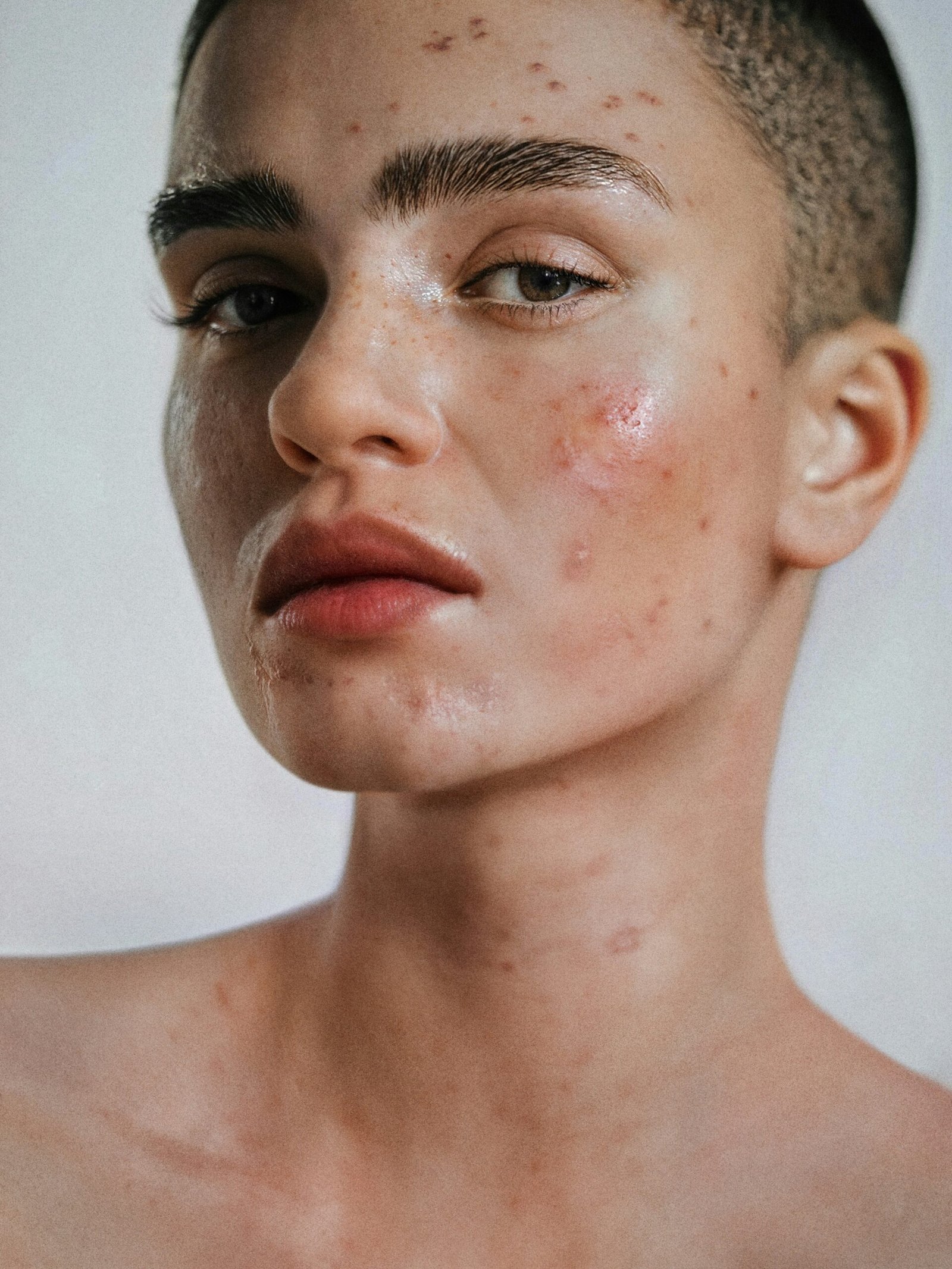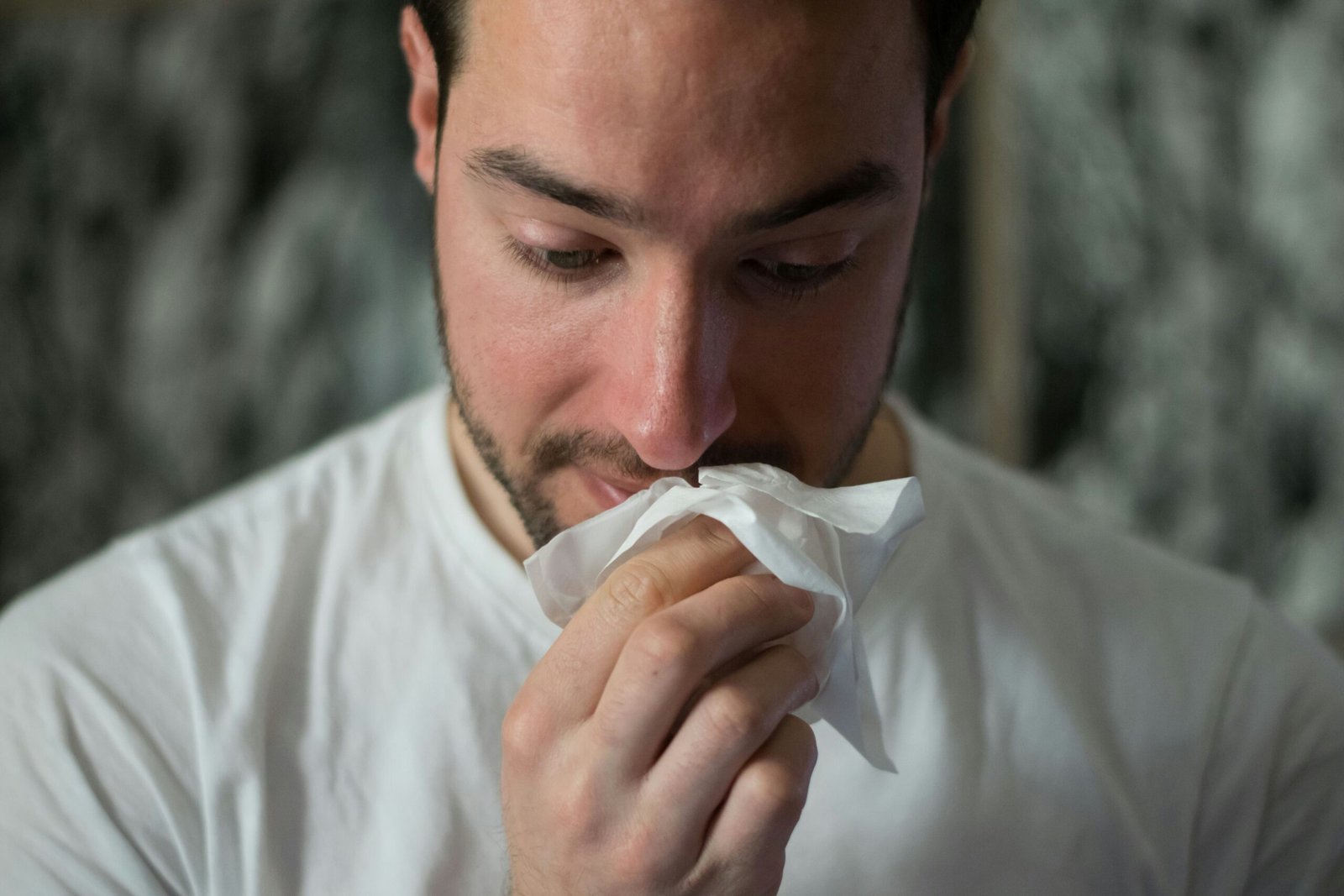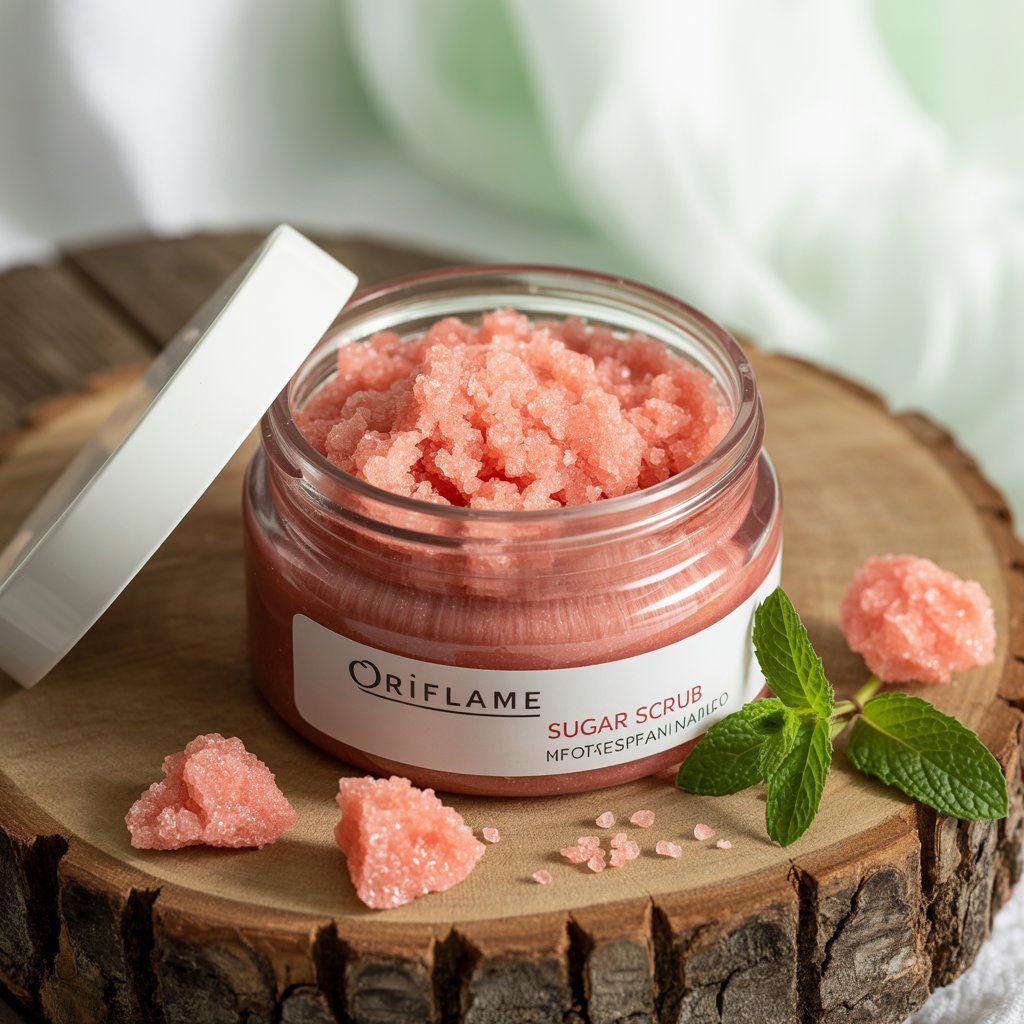Introduction to Acne
Acne on the face can feel like an unwelcome guest that overstays its welcome. Whether you’re dealing with occasional breakouts or persistent blemishes, this skin condition can affect not just your complexion but also your confidence. You’re not alone in this battle; millions of people experience acne at some point in their lives. Understanding what causes these pesky pimples is essential for finding effective treatment options. From home remedies to professional solutions, there are plenty of ways to tackle acne and reclaim your clear skin dreams. Let’s dive into the world of acne and uncover strategies that really work!
Causes of Acne
Acne is a widespread skin condition that can stem from various factors. Hormonal changes, particularly during puberty, menstruation, or pregnancy, often trigger breakouts. These fluctuations lead to increased oil production in the skin.
Another significant cause is excess sebum. When your sebaceous glands go into overdrive, they create a greasy environment perfect for acne formation. This oily surface can trap dirt and bacteria within pores.
Additionally, certain foods may contribute to acne flare-ups. High-glycemic-index foods and dairy products are frequently linked to worsening symptoms in some individuals.
Stress also plays an important role; it can exacerbate hormonal imbalances and increase inflammation in the body.
Genetics should not be overlooked—if your family has a history of acne, you might be more prone to experiencing similar issues on your face.
Different Types of Acne
Acne manifests in various forms, each with distinct characteristics. Understanding these types can help tailor effective treatments.
The most common type is acne vulgaris. It includes blackheads and whiteheads, which form when pores become clogged with oil and dead skin cells. Blackheads are open at the surface, while whiteheads remain closed.
Another type is cystic acne. This severe form appears as large, painful lumps beneath the skin’s surface. Cystic acne occurs when bacteria infects clogged pores, leading to inflammation.
Nodules are similar but firmer and often larger than cysts. They develop deep within the skin and can be persistent.
Hormonal acne primarily affects teenagers but can occur at any age due to hormonal fluctuations. It typically presents along the jawline or chin.
There’s post-inflammatory hyperpigmentation (PIH). While not a traditional type of acne, it refers to dark spots left behind after breakouts heal.
Home Remedies for Treating Acne
Home remedies can be a gentle way to combat acne on the face. Many people find relief using natural ingredients available in their kitchens.
Tea tree oil is renowned for its antibacterial properties. When diluted with a carrier oil, it can effectively target those pesky pimples without irritating the skin.
Another popular remedy is a honey and cinnamon mask. Both ingredients possess anti-inflammatory qualities that help soothe redness while fighting bacteria. Apply this mixture for about 10-15 minutes before rinsing it off for best results.
Aloe vera gel offers hydration and healing benefits. Its soothing nature calms inflamed skin and reduces redness, making it an excellent addition to your skincare routine.
These simple yet effective home remedies provide options that cater to various skin types, helping you embrace clearer skin naturally.
A. Tea Tree Oil
Tea tree oil is a powerhouse when it comes to treating acne on the face. Extracted from the leaves of the Melaleuca alternifolia plant, this essential oil boasts natural antibacterial and anti-inflammatory properties.
Applying diluted tea tree oil directly to blemishes can help reduce redness and swelling. Its effectiveness lies in its ability to combat bacteria that contribute to acne formation.
To use it safely, mix a few drops with a carrier oil, like coconut or jojoba oil. This prevents skin irritation while still delivering potent benefits.
Many people appreciate how quickly tea tree oil works without harsh side effects common among chemical treatments. However, patch-testing is crucial before applying it widely on your skin. This ensures you won’t experience unwanted reactions as you work towards clearer skin.
B. Honey and Cinnamon Mask
The honey and cinnamon mask is a popular choice for those battling acne on face. Both ingredients have powerful antibacterial properties that can help reduce inflammation and redness.
Honey acts as a natural humectant, drawing moisture to the skin while soothing irritation. Its antioxidant properties fight free radicals, promoting healthier skin overall.
Cinnamon enhances blood circulation when applied topically, which may help rejuvenate the skin and improve its texture. The combination creates a potent formula for fighting breakouts.
To make this mask, mix two tablespoons of honey with one teaspoon of ground cinnamon until you achieve a paste-like consistency. Apply it directly to affected areas or over your entire face for about 10-15 minutes before rinsing off with warm water.
Regular application can lead to clearer skin over time while also leaving your complexion radiant and refreshed.
C. Aloe Vera Gel
Aloe vera gel is a powerhouse for treating acne on the face. Its natural anti-inflammatory properties help calm irritated skin, reducing redness and swelling from breakouts.
This succulent plant is also rich in vitamins and minerals that nourish the skin. It hydrates without clogging pores, making it ideal for acne-prone individuals.
Applying fresh aloe vera gel directly to blemishes can speed up healing. Simply slice an aloe leaf, scoop out the gel, and apply it to affected areas. Leave it on for about 20-30 minutes before rinsing with lukewarm water.
For a DIY mask, combine aloe vera with honey or tea tree oil for added benefits. This combination not only fights bacteria but also promotes overall skin health.
Using aloe regularly can improve your complexion over time while keeping new pimples at bay.
Over-the-Counter Products for Acne Treatment
When dealing with acne on the face, many people turn to over-the-counter (OTC) products for relief. These treatments can be effective and are easily accessible at pharmacies.
Look for ingredients like benzoyl peroxide. This powerful compound helps eliminate bacteria that cause breakouts. It also reduces inflammation, making it a popular choice among acne sufferers.
Salicylic acid is another key ingredient found in OTC products. It works by exfoliating the skin and unclogging pores, which helps prevent future outbreaks.
Additionally, consider using products that contain alpha hydroxy acids (AHAs). AHAs promote cell turnover and improve skin texture, providing a more radiant complexion over time.
Always perform a patch test first to ensure your skin reacts well to new products. With consistent use of these OTC options, you may find your journey toward clearer skin becomes much smoother.
Prescription Medications for Severe Acne
For those grappling with severe acne on the face, prescription medications can be a game changer. Dermatologists often recommend topical retinoids, which help unclog pores and reduce inflammation.
Oral antibiotics are another option. They work by targeting bacteria that contribute to acne breakouts while also decreasing redness and swelling. Common choices include doxycycline and minocycline.
In more persistent cases, isotretinoin may be prescribed. This powerful medication reduces oil production in the skin dramatically but comes with significant risks and side effects that require careful monitoring.
Hormonal treatments like birth control pills can also benefit women struggling with hormonal-induced acne, helping to balance hormones and improve overall skin condition.
Each treatment plan should be personalized based on individual needs to ensure effectiveness while minimizing side effects. Regular follow-ups with your dermatologist are crucial for managing any potential issues along the way.
Lifestyle Changes to Improve Skin Health and Prevent Acne
Adopting a healthy lifestyle can significantly impact your skin’s appearance and help prevent acne on the face. Start by drinking plenty of water daily. Hydration flushes out toxins and keeps your skin supple.
Incorporating a balanced diet is crucial too. Foods rich in antioxidants, vitamins, and omega-3 fatty acids promote clearer skin. Think leafy greens, nuts, fish, and fruits like berries or oranges.
Regular exercise boosts circulation and reduces stress levels—both key factors for maintaining healthy skin. Aim for at least 30 minutes of physical activity most days of the week.
Don’t underestimate sleep quality either. Aiming for seven to nine hours each night allows your body to repair itself effectively while you rest.
Be mindful of skincare products you use daily. Choose non-comedogenic items that won’t clog pores or irritate sensitive skin types.
Professional Treatments for Acne
When home remedies and over-the-counter solutions don’t yield the desired results, it might be time to explore professional treatments for acne. Dermatologists offer a variety of options tailored to individual skin types and severity levels.
One popular method is chemical peels. These involve applying a solution that exfoliates the top layer of skin, helping to unclog pores and reduce active breakouts. Another effective treatment is laser therapy, which targets bacteria in the skin while minimizing inflammation.
For those with more severe cases, dermatologists may prescribe stronger medications like isotretinoin or antibiotics. Isotretinoin can significantly reduce oil production in glands and prevent future outbreaks but requires careful monitoring due to potential side effects.
Light therapy has also gained traction as an innovative option. This non-invasive treatment utilizes blue light to kill acne-causing bacteria without harming surrounding tissue.
Finding the right professional treatment can make a significant difference for individuals struggling with persistent acne on their face. Consulting with a dermatologist will provide personalized care based on specific needs and concerns. With so many options available today, achieving clearer skin is within reach for almost everyone dealing with this common issue.



